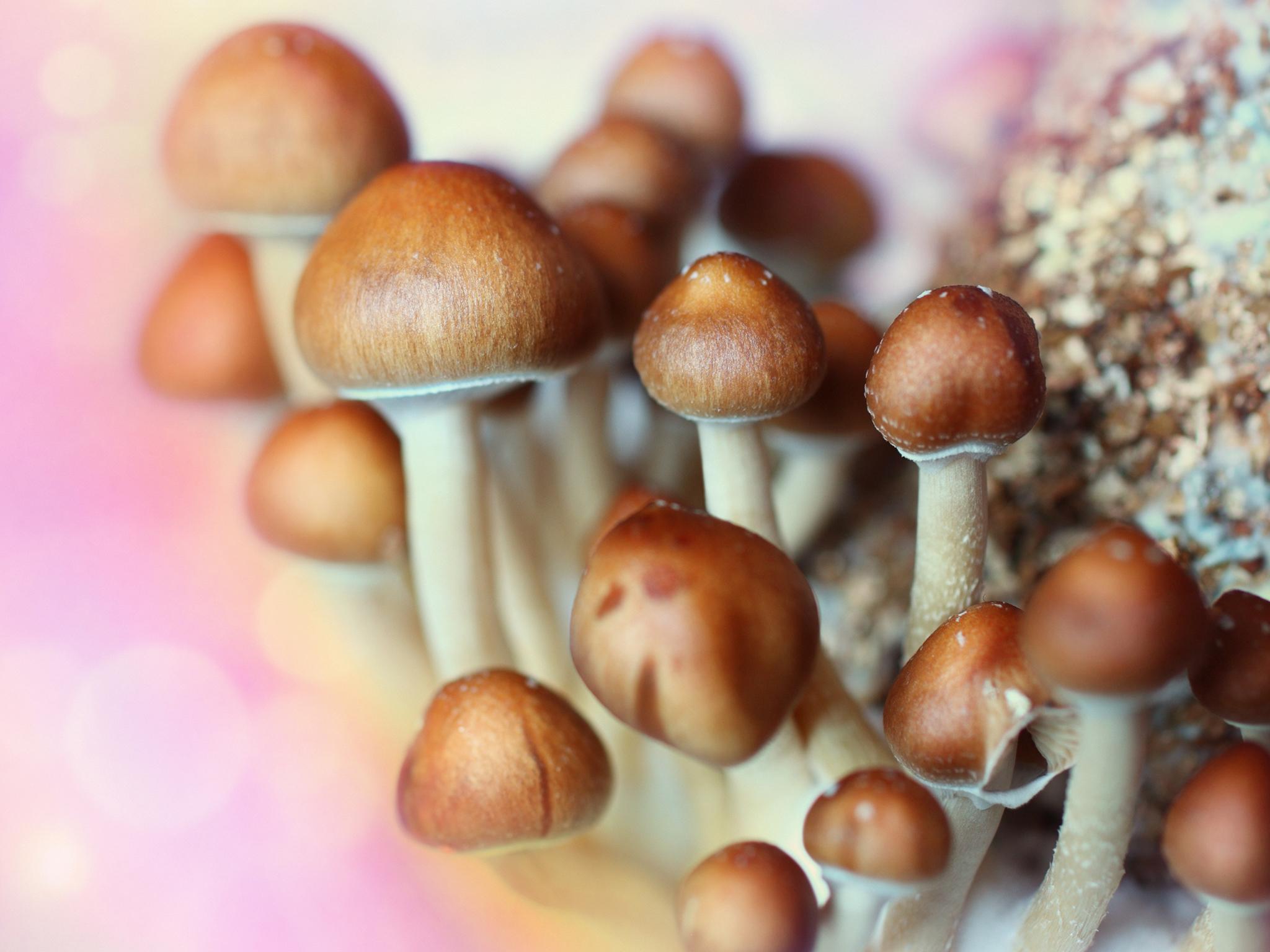Psychedelic drug use linked to lower suicide risk, finds study
The study is the latest to suggest a link between the use of mind-altering substances and mental health

Your support helps us to tell the story
From reproductive rights to climate change to Big Tech, The Independent is on the ground when the story is developing. Whether it's investigating the financials of Elon Musk's pro-Trump PAC or producing our latest documentary, 'The A Word', which shines a light on the American women fighting for reproductive rights, we know how important it is to parse out the facts from the messaging.
At such a critical moment in US history, we need reporters on the ground. Your donation allows us to keep sending journalists to speak to both sides of the story.
The Independent is trusted by Americans across the entire political spectrum. And unlike many other quality news outlets, we choose not to lock Americans out of our reporting and analysis with paywalls. We believe quality journalism should be available to everyone, paid for by those who can afford it.
Your support makes all the difference.Psychaedelic drugs have been linked to a lower risk of suicide in marginalised people in a new study.
The research presented at the Psychaedelic Science conference in the US is the latest to attempt to uncover whether psychedelic substances can be used to treat mental illness.
To investigate whether psychedelic drugs can reduce suicides, a Canadian researcher analysed data from a four-year-long study of 800 women sex workers in Vancouver. As part of the study, the women filled out a questionnaire which covered topics including whether the women had used drugs, and if they had experienced suicidal thoughts in the past six months, Tonic reported.
The researcher, Elena Argento of the British Columbia Center for Excellence in HIV/AIDs, found that women who had used psychedelic drugs at some point in the lives were 60 per cent less likely to have experienced suicidal thoughts than those who hadn't. On the contrary, women who had taken crystal meth and or had experienced abuse during childhood were more prone to suicidal thoughts.
While Argento’s research is observational, and therefore did not involve controls as would be expected in lab study, it bolsters what is widely regarded as the psychedelic renaissance. Illegal drugs with psychoactive effects such as LSD, MDMA and psilocybin - or magic - mushrooms, are analysed for their apparent psychological benefits in controlled environments by medical professionals. If used wrongly, illegal psychoactive substances can cause psychological problems, including recurring flashbacks of unpleasant trips.
Last year, a study published by John Hopkins University and NYU on psilocybin showed that the substance can reduce depression in cancer patients. A separate study by researchers at the Beckley Foundation psychaedlic drug think-tank and Imperial College London Research Programme found that psilocybin could help people with treatment-resistant depression.
2016 also saw the publication of the first brain-imaging study into the effects of LSD by the Beckley Foundation, showing that the part of the brain which correlates with the “ego” is diminished under the drug while communication between other networks are expanded. Understanding how blood supply and neuronal activity are affected by LSD could help unlock the drug as a powerful treatment for tackle depression, anxiety, addiction, and OCD.
Speaking to The Independent recently, Amanda Feilding, the Executive Director of the Beckley Foundation, said that “psychedelics seem unique in their ability to produce enduring results after just one or two treatments.”
“We have also reached a tipping point as to how psychedelics are reported in the media. The stigma surrounding the subject is falling away, and a serious conversation about psychedelics is no longer completely taboo. The future is bright, if only we allow it to happen.”
Join our commenting forum
Join thought-provoking conversations, follow other Independent readers and see their replies
Comments